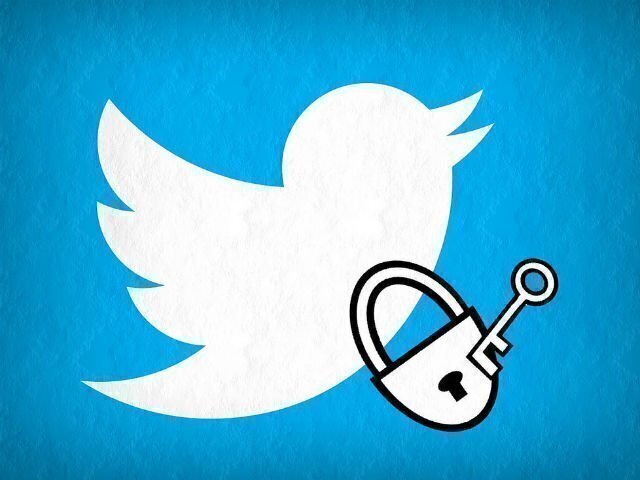 In an open letter to President Donald Trump, a First Amendment advocacy group argues that the President’s personal and official Twitter accounts amount to protected spaces for free speech and therefore cannot be blocked for only certain users.
In an open letter to President Donald Trump, a First Amendment advocacy group argues that the President’s personal and official Twitter accounts amount to protected spaces for free speech and therefore cannot be blocked for only certain users.
The group, the Knight First Amendment Institute at Columbia University, represents two individuals who have been blocked by President Trump on @realDonaldTrump. Songwriter Holly O’Reilly lost access after a series of critical posts, including a GIF of an unhappy Pope Francis with the caption, “This is pretty much how the whole world sees you.” Professional cyclist and author Joseph Papp was also blocked after a tweet in which he referred to Trump as a “#fakeleader.”
“Though the architects of the Constitution surely didn’t contemplate presidential Twitter accounts, they understood that the President must not be allowed to banish views from public discourse simply because he finds them objectionable,” said Jameel Jaffer, the Institute’s executive director, in a statement. “Having opened this forum to all comers, the President can’t exclude people from it merely because he dislikes what they’re saying.”
The term “forum” is a special one in constitutional law and First Amendment doctrine. It refers to the proverbial “public forum,” which scholar Erwin Chemerinsky defines as “government-owned properties that the government is constitutionally obligated to make available for speech.” Two classic examples are sidewalks and parks – traditionally public spaces that may be restricted only under very special circumstances.
The Knight Institute contends that @realDonaldTrump and @POTUS are “designated public forums,” spaces that can be closed to speech but are voluntarily made available to the public by the government for expressive activity. Trump famously uses his Twitter accounts to share information with the public and the public, in turn, uses them to communicate back to him. Such spaces enjoy the same protections as traditional public forums – including a requirement that any regulations be “content-neutral” and not discriminate based on the viewpoint of a speaker. The Knight Institute says that’s exactly what happened to their clients.
To be sure, this is not an issue unique to the President. As reporting from ProPublica and Slate shows, social media accounts operated by governments, public agencies, and elected officials across the country have drawn controversy for the blocking of users and the deletion of comments.
In many cases, the answer is clear: The First Amendment applies, and the speech at issue deserves protection. In Trump’s case, however, the answer is blurred by the ambiguous nature of the @realDonaldTrump account. (@POTUS is more clearly a governmental tool.)
When Trump fires off a series of early-morning tweets, on whose behalf is he acting? The government or himself? Press Secretary Sean Spicer did recently confirm that the tweets should be considered official statements of the White House, but as noted First Amendment scholar Eugene Volokh explains, social media accounts for public officials are not so easy to categorize. Depending on the content of the account and who helps to administer (and pay) for it, for example, the First Amendment may or may not apply. And public officials remain free to express themselves in a personal capacity. Noah Feldman has also expressed skepticism, highlighting Twitter’s status as a private corporation.
There is also the question of whether a First Amendment violation truly exists in the first place. “The First Amendment disallows the President from blocking critics on Twitter just as it disallows mayors from ejecting critics from town halls,” said Knight Institute senior litigator Katie Fallow. But as Volokh notes, there is no right to force the government to listen to you. Moreover, even if you’re blocked, you can still view Trump’s tweets by logging out of Twitter. Volokh credits Twitter comment threads with the most “constitutional significance,” most akin to discussion in a public forum, but even that is unclear.
If President Trump continues to block critics on Twitter, we can expect lawsuits to follow. And then, maybe some answers.
Nicandro Iannacci is a web strategist at the National Constitution Center. (Photo credit: Esther Vargas.)
Recent Stories on Constitution Daily
Can the Justices decide the Trump immigration case swiftly? A lesson from 1981







